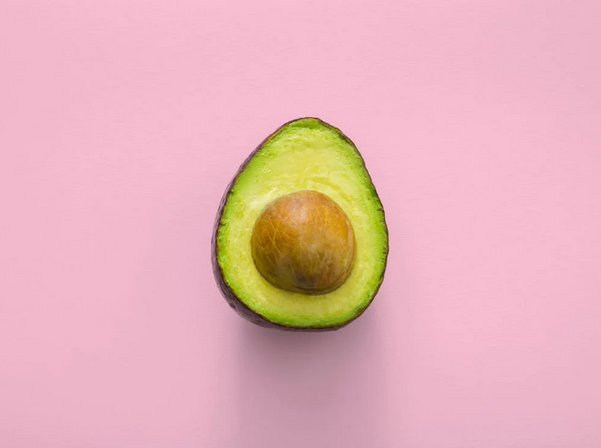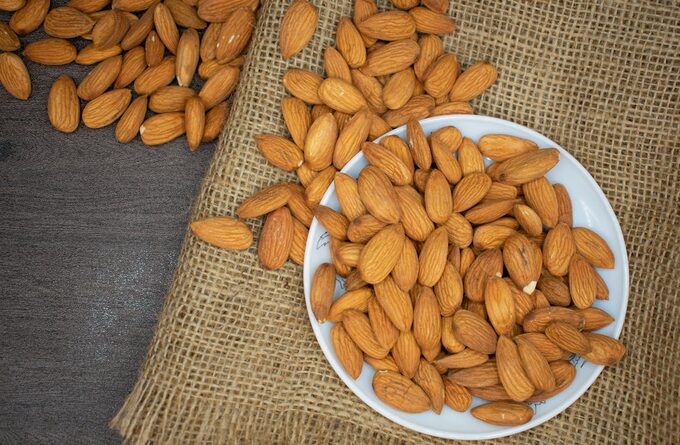When it comes to nutrition, fats often get a bad rap. Many people associate them with weight gain and health risks, leading to the widespread belief that fat should be avoided at all costs. But what if we told you that not all fats are created equal? In fact, some fats are essential for our overall well-being and play crucial roles in bodily functions. It’s time to separate fact from fiction and explore why healthy fats deserve a place on your plate. Let’s dive into the world of dietary fats and uncover the truths behind these misunderstood nutrients.
Not All Fats Make You Gain Weight
When you think of fat, the image of excess weight often comes to mind. However, not all fats contribute to weight gain. The type and source of fat matter significantly. Healthy fats in foods like avocados, nuts, seeds, and olive oil can support a healthy metabolism. These fats provide energy and help maintain satiety, which can prevent overeating.
Conversely, trans fats and excessive saturated fats—often present in processed foods—can lead to unwanted weight gain and various health problems. Incorporating moderate amounts of healthy fats into your diet can benefit weight management and overall wellness. So don’t shy away from that drizzle of olive oil or those handfuls of almonds; they might just be what your body needs!
Fat Does Not Equal Heart Disease

For years, the narrative linking saturated fat to heart disease has dominated health discussions. However, research tells a different story. Not all fats contribute equally to health risks. Emerging studies show that dietary fat is not solely responsible for cardiovascular issues. Factors like sugar intake and processed foods play significant roles too.
Interestingly, some fats can actually benefit heart health. Unsaturated fats found in olive oil, avocados, and nuts help lower bad cholesterol levels while boosting good cholesterol. It’s crucial to differentiate between types of fat rather than vilify them altogether. Whole-food sources of healthy fats support overall well-being and, when consumed wisely, could even protect against heart disease.
Your Brain Needs Fat to Function
The brain is one of the most energy-demanding organs in our body, and it thrives on fat. Nearly 60% of its structure consists of fat, making healthy fats vital for optimal function. Omega-3 fatty acids are particularly crucial. They support cognitive functions like memory and learning while helping regulate mood. Without these essential fats, you may struggle with mental clarity or experience increased anxiety.
Moreover, the membranes surrounding your brain cells require healthy fats to maintain their integrity. These membranes facilitate communication between neurons, which is essential for overall brain health. When people avoid fat altogether, they often feel foggy or fatigued. It’s a clear sign that our brains need nourishment from sources rich in good fats to perform at their best.
Fat Is Essential for Nutrient Absorption
Fat plays a crucial role in how our bodies absorb essential nutrients. Certain vitamins, like A, D, E, and K, are fat-soluble. This means they need fat to be effectively absorbed by the body. Without adequate healthy fats in your diet, you may miss out on these vital nutrients. Think of it as missing pieces of a puzzle that keep your body functioning optimally. Incorporating sources of healthy fats—like avocados, nuts, or olive oil—can enhance nutrient absorption significantly. When combined with salads or vegetables rich in these vitamins, you’re maximizing their benefits.
Moreover, fats maintain cell membrane integrity and support hormone production, which are essential for overall health and well-being. So next time you consider skipping the dressing on your salad or avoiding avocado toast due to calorie concerns, remember: those healthy fats are what your body needs to thrive!
Low-Fat Diets Can Be Harmful

Low-fat diets have gained popularity over the years but come with hidden dangers. When you cut out fats entirely, your body misses out on essential nutrients crucial for overall health. Many low-fat products replace fat with sugar or artificial additives to enhance flavor. This affects taste and can lead to weight gain and increased cravings. You may experience fatigue and mood swings without healthy fats in your diet. Fats play a role in hormone production, which affects everything from metabolism to mental well-being.
Moreover, the absence of fats can interfere with nutrient absorption. Vitamins A, D, E, and K require fat for proper digestion. If these vitamins aren’t absorbed correctly, they could lead to deficiencies that negatively impact health. Eliminating fats doesn’t support a balanced lifestyle; instead, it might cause more harm than good.
Conclusion
Understanding the role of healthy fats in our diets is crucial for optimizing health. It’s clear that not all fats are created equal, and many misconceptions surround them. Embracing the right types of fat can lead to better heart health, improved brain function, and enhanced nutrient absorption. Incorporating sources of healthy fats—like avocados, nuts, seeds, and olive oil—can support a balanced diet. When consumed in moderation, these foods provide essential nutrients without contributing to weight gain or heart disease risks.
Moving away from low-fat diets might be what your body needs. Healthy fats contribute significantly to overall well-being. They should not be feared but embraced as an integral part of a nutritious lifestyle. As you navigate your dietary choices, remember that understanding nutrition is key to making informed decisions about your health. Prioritizing healthy fats can enhance physical wellness and mental clarity while debunking longstanding myths.





